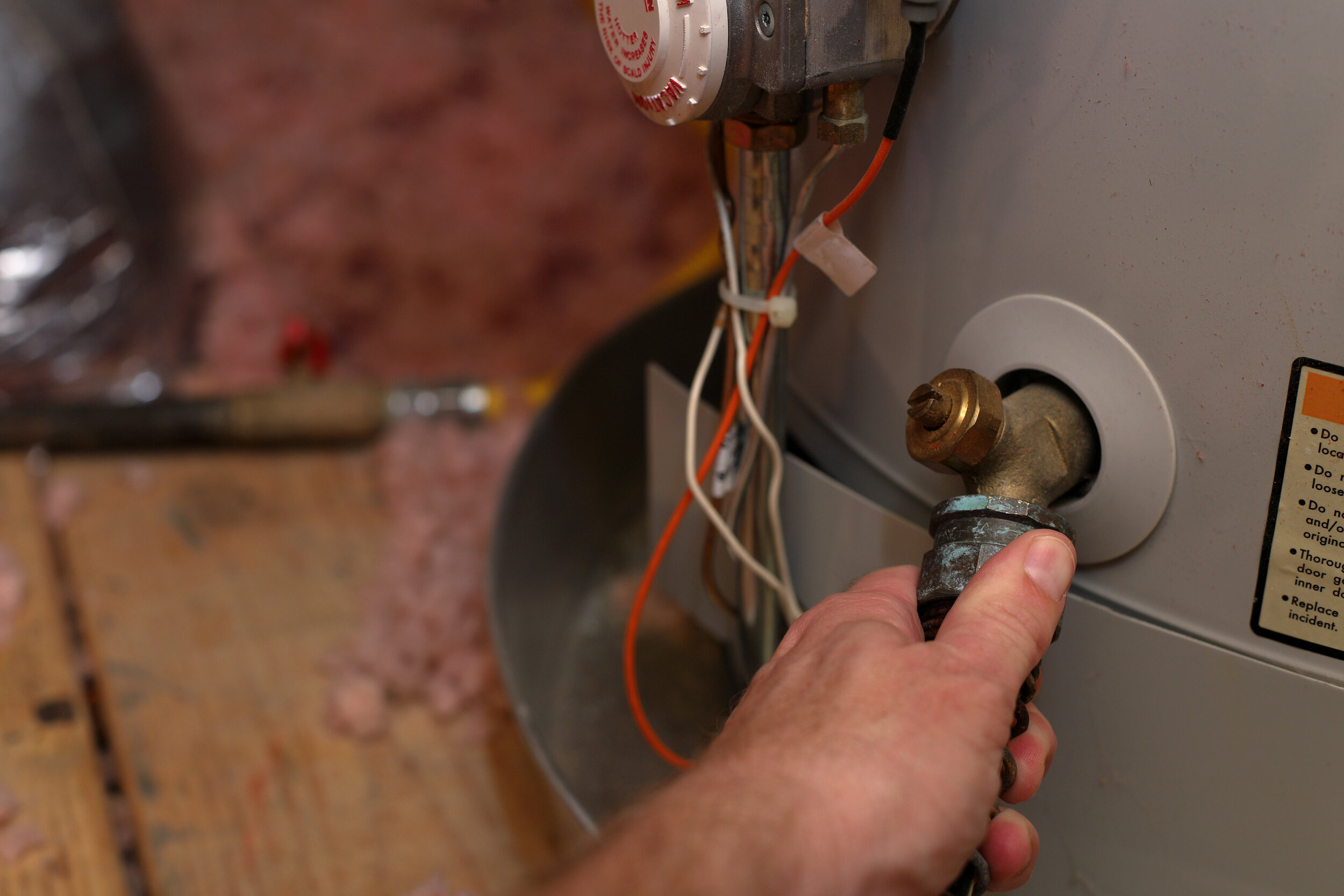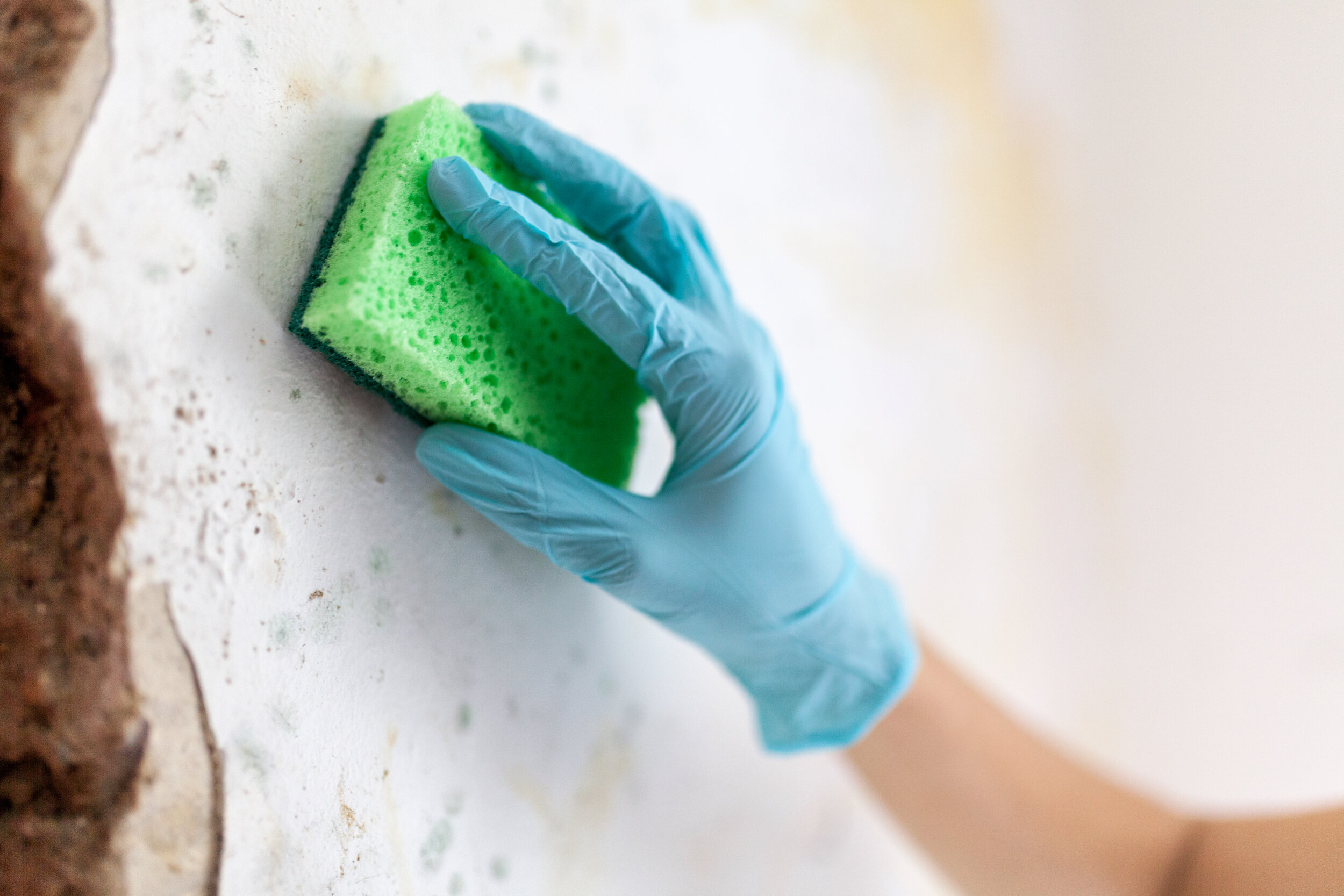No Hot Water? 10 Signs It’s Time To Call A Water Heater Service Professional
Water Heater Repair
“...diagnosing a problem with your water heater now, could save thousands of dollars in water damage and repair.”
There’s nothing worse than unexpectedly running out of hot water. It’s inconvenient, annoying, and likely an expensive problem to fix!
But, diagnosing a problem with your water heater now, could save thousands of dollars in water damage and repair.
If you detect one or more of these issues it’s likely time to call in water heater service professional.
No Hot Water
If everything was running smoothly just recently, and you find yourself suddenly without hot water, don’t suspect the worst right away.
If you have a gas powered heating system, it could be that the standing pilot or pilot light simply went out.
The pilot light must be lit and with a working ignitor to produce the combustion needed to get your water heater roaring.
Also be sure to check the circuit breaker in the event it tripped or was turned off.
If the above scenarios still don’t yield a working outcome, be sure to simply hit the red reset button on the access panel of the water heater.
The access panel is located above the thermostat, and is usually covered by a metal plate. To access the reset button, you may need to remove the screws from the metal panel.
Lastly, if you’ve checked that the pilot light, igniter, and circuit are all in working order, and have reset the water heater, it is possible the thermocouple could be out of order.
The thermocouple electronically detects whether the pilot light is lit before allowing gas to flow through to the burner. If the thermocouple doesn’t sense enough heat from the pilot light, then it will automatically shut off the gas flow to the furnace, leading to a lack of heated water.
The thermocouple is an extremely important element of the water heater/furnace, keeping non-combustable gas from infiltrating the house accidentally, which could have tragic consequences.
If you suspect that your thermocouple needs replacement, smell natural gas, or are unsure of the problem, immediately turn off the gas to the house and call a service professional.
Not Enough Hot Water
A lack of hot water, but a presence of warm water can be an indication that the heating element may be burning out.
Be sure to adjust your thermostat on the water heater to between 120 to 140 degrees, anything lower could provide warm but not hot water. Anything higher than 140 degrees can be dangerous.
Water Heater and Furnace
Noises From The Water Heater
Strange noise from the water heater is a good indicator that there is likely a problem.
If you hear loud popping, cracks or banging for instance – it may be an indication that there is mineral build up on the heating element, and the heating element is literally burning the sediment.
If this is the case, you'll need to drain, and flush your water tank.
Your water tank may also be making noise if the heating element is starting to burn out. If this is the case, you will need to call a service professional to replace the element and assess the tank’s viability.
Water Smells Like Sulfur
If you detect a sulfur like smell coming from the hot water, the problem might be bacteria inside the tank or hoses.
More it’s a moldy or “rotten egg” smell, but keep a nose out for anything that might be a signal that water heater repair is necessary.
If the water heater isn’t compromised, you might be able to solve this issue by cleaning the tank with a mixture of water and hydrogen peroxide. If you go this route, be sure to allow the solution to sit in the tank for at least 4-6 hours before flushing thoroughly and completely with water.
If you’re still stumped, it’s probably time to call a water heater repair expert.
Flushing The Water Heater
Leaking Tank
Unfortunately, if the tank is leaking, it needs to be replaced immediately.
Turn off the water supply to the tank right away to prevent any flooding in the area of your HVAC equipment (basement/closet, etc.)
Most tank water heaters (as opposed to tankless) will last about 8 to 12 years before failing or needing replacement.
As a homeowner, once you approach 8 years, you should have a fund set aside for replacing the water heater in the event it breaks down without warning.
Think about contributing $20 every month to an interest bearing account for the next 8-12 years. The total savings over the course of the time period should cover the cost of the new hot water heater and the labor for installation.
Rust or Corrosion Around The Bottom Of Your Water Heater
If the bottom of the hot water tank is rusted or corroded, it could mean that the metallic lining inside the tank has completely corroded through the tank. The appearance of rust is due to water leaking from the inside of the tank through to the outside of the tank.
A rusty or corrosive bottom is an indicator that you likely need to replace your water heater immediately.
Rust or Corrosion Along the Top Of The Water Heater
Small concentrated rust spots along the top of the hot water tank might mean that a pipe is dripping on the top of the tank. This could be due to a leaky pipe connection, broken pipe, or simply a sweaty pipe.
If the pipe is leaking, it’s time to call a plumber.
If the hot water pipe is simply sweating on your water heater causing the rust to build up, simply pick up a pipe sleeve at your local hardware store.
Pipe sleeves made with polyethylene or neoprene foam are the most commonly used with electric water heaters. For gas water heaters, use a fiberglass pipe wrap.
Here’s an example of a foam pipe cover and fiberglass pipe cover you can purchase and cut to fit the length of your pipe.
Rust Colored Water
If rust colored water is the flavor of the day, there’s likely sediment in the interior of the tank, or it’s rusting from the inside.
Consider flushing the tank thoroughly to remove the sediment. The fix may also require a new anode rod.
Rust Colored Water
“Did you know: The anode rod is designed to corrode in place of your water heater lining. When the rod has been completely corroded it no longer protects your water heater. A typical anode rod will last about 4-5 years but it depends on the amount of water traveling through your water heater. A water softener also shortens the life of your anode rod significantly. A depleted anode rod will cause water heater problems.”
Mold Growing Behind The Water Heater
If you detect mold growing beneath or on the wall behind the water heater, you likely have a leaky water heater.
It’s certainly possible the water causing the mold could be coming from another source, so keep an eye out for a leaky pipe or water seeping in from a cracked foundation.
But, be sure to call in a professional and be ready to have the water heater repaired or replaced.
Regardless of the repair type, be sure to take the opportunity to remediate the mold on the wall/floor before you install a new water heater. Use a combination of water and bleach, a dehumidifier and a fan to dry the area.
If necessary, you may want to consider replacing the moldy drywall or flooring.
Mold On Wall Next To Water Heater
Musty Smell Coming From The Water Heater
A musty smell can mean a few things: mold, bacteria, or sitting water. Regardless of the end result, it’s best to call a repair professional to inspect your water heating system.





